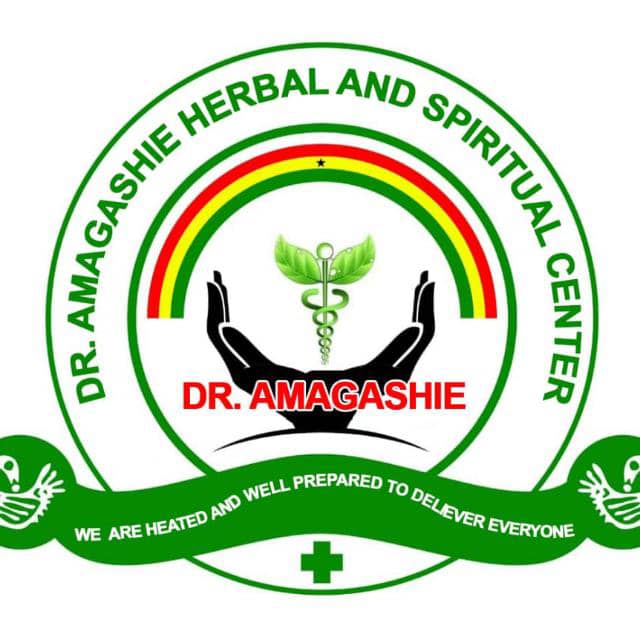
- Key Aspects of Herbal Medicine:
Plant-Based Remedies: Herbal medicine utilizes different parts of plants such as leaves, roots, flowers, bark, and seeds to create remedies. These plant materials are often prepared as teas, tinctures, capsules, extracts, ointments, or poultices.
Active Compounds: Plants contain numerous bioactive compounds such as alkaloids, flavonoids, terpenes, and phenols, which contribute to their medicinal properties. These compounds can have various effects on the human body, including anti-inflammatory, antimicrobial, antioxidant, and analgesic properties.
Holistic Approach: Herbal medicine often takes a holistic approach to health, considering not just the physical symptoms but also the emotional, mental, and spiritual aspects of well-being. Practitioners may focus on promoting overall balance and harmony within the body to support healing.
Traditional Knowledge: Herbal medicine draws upon centuries of traditional knowledge passed down through generations within different cultures. Traditional healing systems such as Traditional Chinese Medicine (TCM), Ayurveda, Native American herbalism, and African herbal traditions have rich herbal knowledge and practices.
Modern Research: In recent years, there has been growing scientific interest in herbal medicine, leading to research studies exploring the efficacy, safety, and mechanisms of action of various medicinal plants. This scientific validation has contributed to the integration of herbal remedies into mainstream healthcare in many countries.
Uses of Herbal Medicine:
Managing Chronic Conditions: Herbal remedies are often used to manage chronic conditions such as arthritis, digestive disorders, respiratory issues, and hormonal imbalances. They may provide relief from symptoms and support long-term wellness.
Promoting Wellness: Many people use herbal supplements and teas as part of their wellness routine to support immune function, boost energy, improve sleep quality, and enhance overall vitality.
Complementary Treatment: Herbal medicine is often used alongside conventional medical treatments as a complementary approach. For example, individuals undergoing medical treatment may use herbal remedies to manage treatment side effects like nausea and fatigue.
Skin and Hair Care: Herbal extracts and oils are commonly used in natural skincare and haircare products due to their nourishing, soothing, and rejuvenating properties.
Challenges and Considerations:
Quality and Safety: Quality control is crucial in herbal medicine to ensure the purity, potency, and safety of herbal products. Contamination, misidentification of plants, and improper preparation can pose risks.
Herb-Drug Interactions: Some herbs can interact with medications, affecting their efficacy or causing adverse effects. It’s important for individuals to consult healthcare professionals, especially when combining herbal remedies with prescription drugs.
Regulatory Issues: Regulations regarding herbal products vary globally, leading to concerns about standardized labeling, dosage recommendations, and access to reliable information for consumers.
Cultural and Ethical Considerations: Respecting indigenous knowledge, sustainable harvesting practices, and protecting biodiversity are important considerations in herbal medicine to ensure ethical and responsible use of plant resources.
In conclusion, herbal medicine offers a natural and holistic approach to wellness and healing, drawing upon traditional knowledge and scientific research. When used responsibly and with appropriate guidance, herbal remedies can complement conventional medicine and contribute to overall health and well-being.
